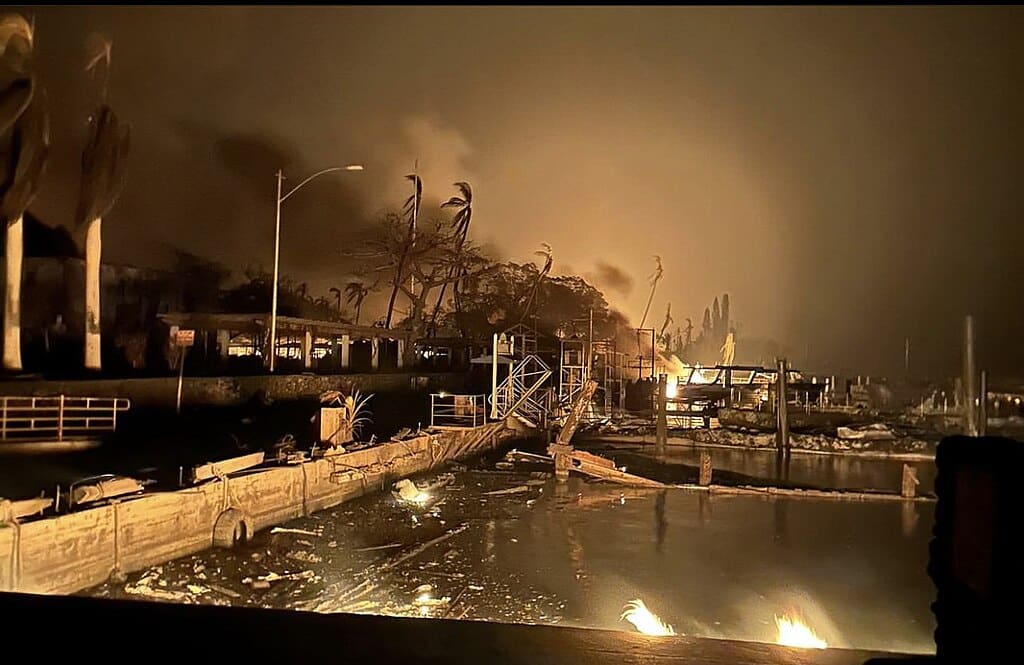During a visit to Hawaii on Monday, President Biden was set to appoint FEMA Regional Administrator Bob Fenton as “Chief Federal Response Coordinator” for Maui to oversee the long-term coordinated federal wildfire recovery.
During his visit Monday, Biden also planned to meet with survivors and first responders as well as federal, state and local officials. He’ll also take an aerial tour of the damage.
At least 114 people were killed in the wildfires, though that number is expected to rise as 850 people were still unaccounted for as of Monday, according to the Maui County mayor.
During his visit, Biden was expected to deliver remarks paying respects to the victims.
The flames first erupted on the island of Maui early Tuesday, August 8, fueled by fierce winds from Hurricane Dora in the Pacific. The town of Lahaina was hit the worst with the flames leaving little more than melted cars and scorched, skeletal remains of buildings.
Newly-appointed FEMA coordinator Fenton previously served as the White House’s coordinator for the monkey pox response last year. Fenton also worked on setting up mass vaccination sites amid the Covid pandemic.
“Mr. Fenton is one of the nation’s most experienced disaster response-and-recovery officials who has been on the ground in Hawaii from the day the wildfires started,” the White House said in a statement. “In this role, Fenton will oversee the Federal government’s long-term recovery work on the ground for Maui. President Biden is directing Chief Federal Response Coordinator Fenton to ensure that every Federal asset is provided to help the community rebuild as fast as possible in Maui.”
The Biden Administration last week released a rundown of its response to the wildfires, including a onetime payment of $700 to qualifying households from FEMA. The agency has also provided some 50,000 meals, 75,000 liters of water, 5,000 cots and 10,000 blankets and shelter supplies to the local government to be distributed.
The U.S. Red Cross is staffing six shelters where food, water, hygiene kits and other essential resources are provided to survivors who are unable to return home.
Further, the U.S. Army Corps of Engineers has been helping to clear roads with the aim of stabilizing electric service while medical experts with the Department of Health and Human Services (HHS) are providing support that includes Disaster Mortuary Operational Response Team.
For info on different ways to assist in Hawaii’s recovery, log onto Maui Nui Strong here.


